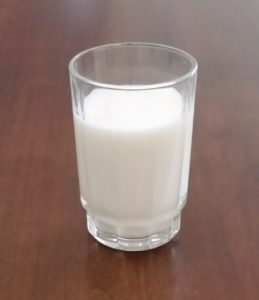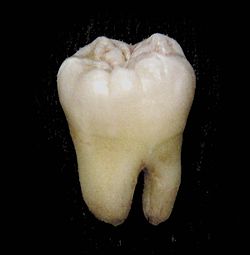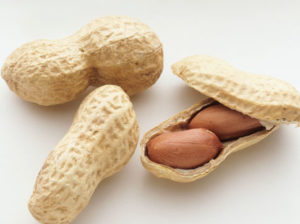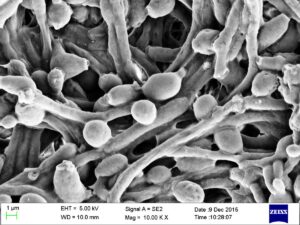 Over the past decade there has been as increasing amount of research suggesting that the herpes virus (cold sores!) is implicated in the development of Alzheimer's disease. (here, here, here).
Over the past decade there has been as increasing amount of research suggesting that the herpes virus (cold sores!) is implicated in the development of Alzheimer's disease. (here, here, here).
A recent study suggests the same possibility - herpes simplex 1 (HSV-1) has a role in the development of Alzheimer's disease. And treating cold sores with antiviral therapy (antiherpetic medications) results in a reduced risk of developing Alzheimer's disease - thus the antivirals are protective.
The researchers found that having herpes virus type 2 (genital herpes) and varicella zoster virus (chicken pox, shingles) also resulted in increased risk of later developing Alzheimer's disease. But infection with cytomegalovirus was not.
From Medical Xpress: Cold sore viral infection implicated in development of Alzheimer's disease
Symptomatic infection with the virus responsible for cold sores around the mouth–herpes simplex 1, or HSV-1 for short—may have a key role in the development of Alzheimer's disease, suggests a large US study published in BMJ Open. ...continue reading "Herpes Simplex Virus and Alzheimer’s Disease"

 Exercise boosts brain function at all ages. This means that for both young and old, it is worth it to get out and engage in physical activity.
Exercise boosts brain function at all ages. This means that for both young and old, it is worth it to get out and engage in physical activity. Many people (even health professionals) are still under the impression that dairy products made from milk are unhealthy. NOT TRUE. Consuming dairy products, especially whole milk products, is
Many people (even health professionals) are still under the impression that dairy products made from milk are unhealthy. NOT TRUE. Consuming dairy products, especially whole milk products, is
 Typically, our vitamin D levels drop in the winter months when we don't get as much sun exposure. After all, it is called the sunshine vitamin. However, a new
Typically, our vitamin D levels drop in the winter months when we don't get as much sun exposure. After all, it is called the sunshine vitamin. However, a new 


 Uh oh...So many environmental regulations dealing with the environment are being overturned this year. In addition to changing the mission of the EPA (it's no longer to protect us and the environment, but instead to roll back regulations and costs - in other words, pro polluters and Big Business), the Senate is doing its bit to make our air and water dirtier.
Uh oh...So many environmental regulations dealing with the environment are being overturned this year. In addition to changing the mission of the EPA (it's no longer to protect us and the environment, but instead to roll back regulations and costs - in other words, pro polluters and Big Business), the Senate is doing its bit to make our air and water dirtier.